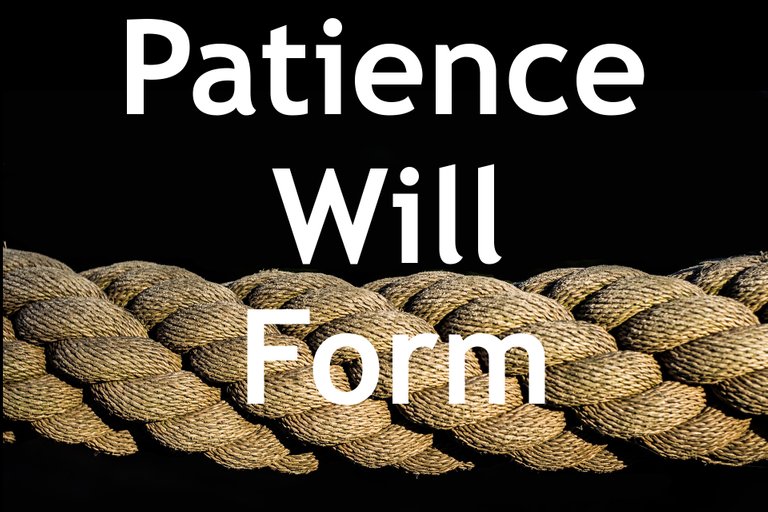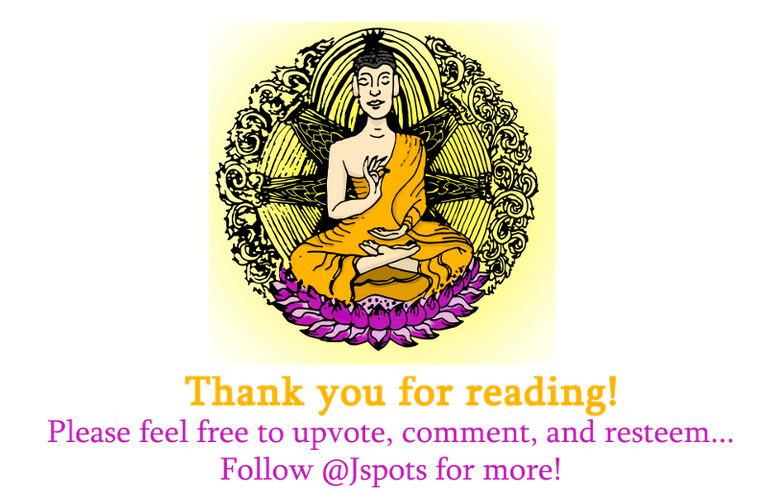Tai Chi is an exploration of the point of conflict between body and mind, and so the practice is sometimes called an internal martial art. Mental barriers must be pushed over as physical barriers are discovered and surmounted. For instance, if you notice your shoulders can rotate at a greater range than what you have experienced before, a mental effort must coincide to break the habit of moving your arms in their old way. Tai Chi improves your control of mind over matter in a succession of such challenges.
The battlegrounds of mind over matter are patience and will. By first noticing and then becoming comfortable with constant mistakes and imperfections, it becomes easier to maintain one's will while perfecting an exercise. This is because more focus can be put on the will to maintain your limbs and posture, rather than wasting focus on various forms of impatience. The perfect mental balance one should strive for is the point where no impatience clouds your will's intention to embody a relaxed and natural shape. This intention will reflect in the stature of your Tai Chi practice.
"Ethos" is a useful term- it is the general character of a person's presence. By reinforcing your will through Tai Chi, your ethos will benefit in incredible ways.
Tai Chi is a very controlled exercise, but Tai Chi also includes an element of wildness, as you must move within the limits of your body's unique limits- nobody can determine these limits but you.
The conflict between allowing for natural wildness within controlled movement can veer off-track into impatience. Restlessness, perfectionism, boredom, and annoyance are all forms of impatience that result from either too much or too little control over wildness. Hatred and unnecessary doubt can be seen as extreme manifestations of this sort of impatience. Directly confronting impatience through Tai Chi, however, allows your will to manifest through these challenges and avoid anal and neurotic failings. Impatience will naturally arise while willing yourself to move in a natural and balanced way, and it takes mental effort to recognize and undermine your own impatience.

Reconciling your will and your natural shape, which can never perfectly agree with each other, strengthens your ability to find mental and physical ease and balance. The mental effort of patience, with both your mental and physical halves, is required as you reconcile and balance these two halves.
Another challenge is that by moving closer to mental and physical balance, you will grow more sensitive to imbalances. As you progress, it may seem like you only discover problem after problem with yourself when a stray habit of thought or a physical tension occurs. This means you are improving, however. Recognizing any problem is necessary to eventually solve it, and by noticing more subtle imperfections during Tai Chi you improve your distinction. In fact, finding imperfections will never end. It takes intention and will to improve in the face of constant imperfection, but that is the only way to approach perfection.
By pushing yourself along the unique strengths and weaknesses of your own body, you will discover how to best handle your own imbalances. Also, by garnering the habits of thought required to will the body towards good balance, you will establish healthy mental habits as well. These benefits are two sides of the same practice.
Engaging in this practice is a warfare with yourself. Both your internal and external manifestations become sharpened as your control of will and patience grows.
Previous Tai Chi Posts:
Part 1: Overview
Part 2: Basic Stance
Part 3: Patience
Part 4: Cloud Hands
Part 5: Healing
Part 6: Raising Arms
Part 7: Breathing
Part 8: Hands Above Head

Congratulations @jspots! You have completed some achievement on Steemit and have been rewarded with new badge(s) :
Click on any badge to view your own Board of Honor on SteemitBoard.
For more information about SteemitBoard, click here
If you no longer want to receive notifications, reply to this comment with the word
STOP